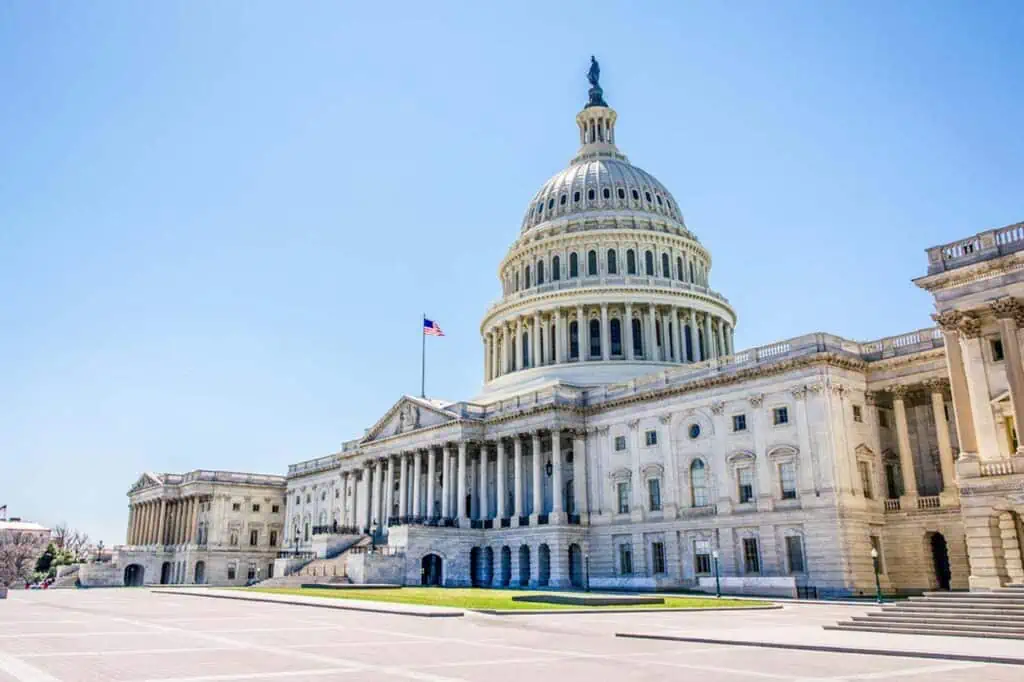Amid a Massive Public Outcry, U.S. Department of Homeland Security Rescinds Policy Mandating In-Person Learning for International Students in the U.S.
On July 14, the U.S. Department of Homeland Security and U.S. Immigration and Customs Enforcement retracted guidance that would have required international students in the U.S. to attend in-person classes or face deportation. Despite the federal government’s decision to withdraw the policy, international students outside the U.S. remain unable to obtain visas if their school moves to online instruction. On Wednesday, Harvard University, which will offer all classes remotely, announced that absent action by the federal government, newly enrolled international students outside the U.S. could not attend classes in the fall.
There has been widespread public opposition to mandating in-class instruction for international students. Harvard University and Massachusetts Institute of Technology (MIT) filed a lawsuit supported by at least 180 other higher education institutions seeking to block the policy requiring in-class instruction for currently enrolled international students. In a separate lawsuit, a group of 20 universities sought to overturn the policy. In addition, at least 17 states and the District of Columbia sued to block the policy’s implementation. A bipartisan group of more than 100 members of Congress opposed the policy, and at least a dozen major technology companies called for its reversal. Some schools announced international students at potential risk for deportation would be provided sanctuary.
Although the government’s reversal of the policy is a significant victory for current students, newly enrolled students outside the U.S. remain in limbo. Mandating in-person instruction for students not only harms students and the campuses that welcome them, it will have a devastating impact on the ability of the U.S. to attract talent from around the world. In a new study, the National Foundation for American Policy estimates international student enrollment declines of 63-98 percent for the 2020-2021 academic year. Such steep losses would lead to significant financial consequences for schools. The broader economy would also likely suffer: According to the U.S. Department of Commerce, international students contributed $44.7 billion to the U.S. economy in 2018.
WES Global Talent Bridge firmly opposes requiring in-person instruction for international students during a public health crisis, and will continue to work with our partners to preserve all international students’ ability to study in the U.S.





